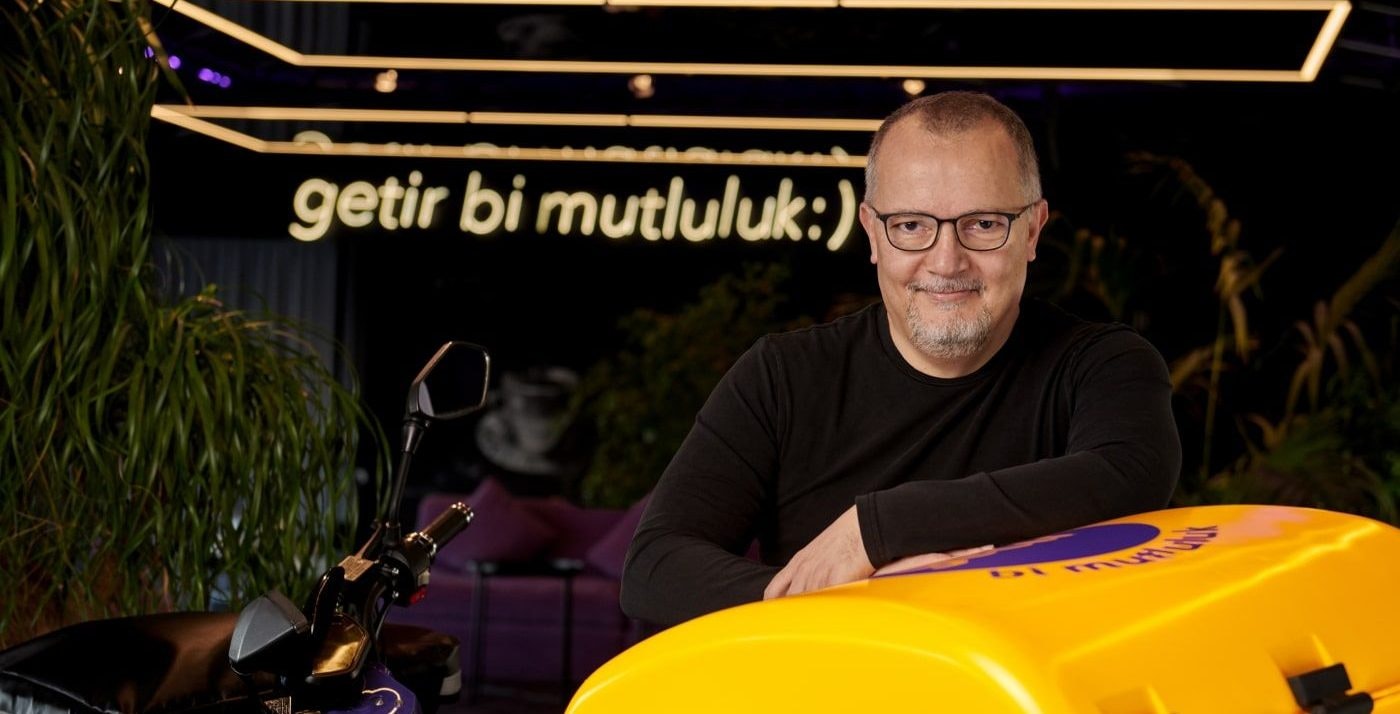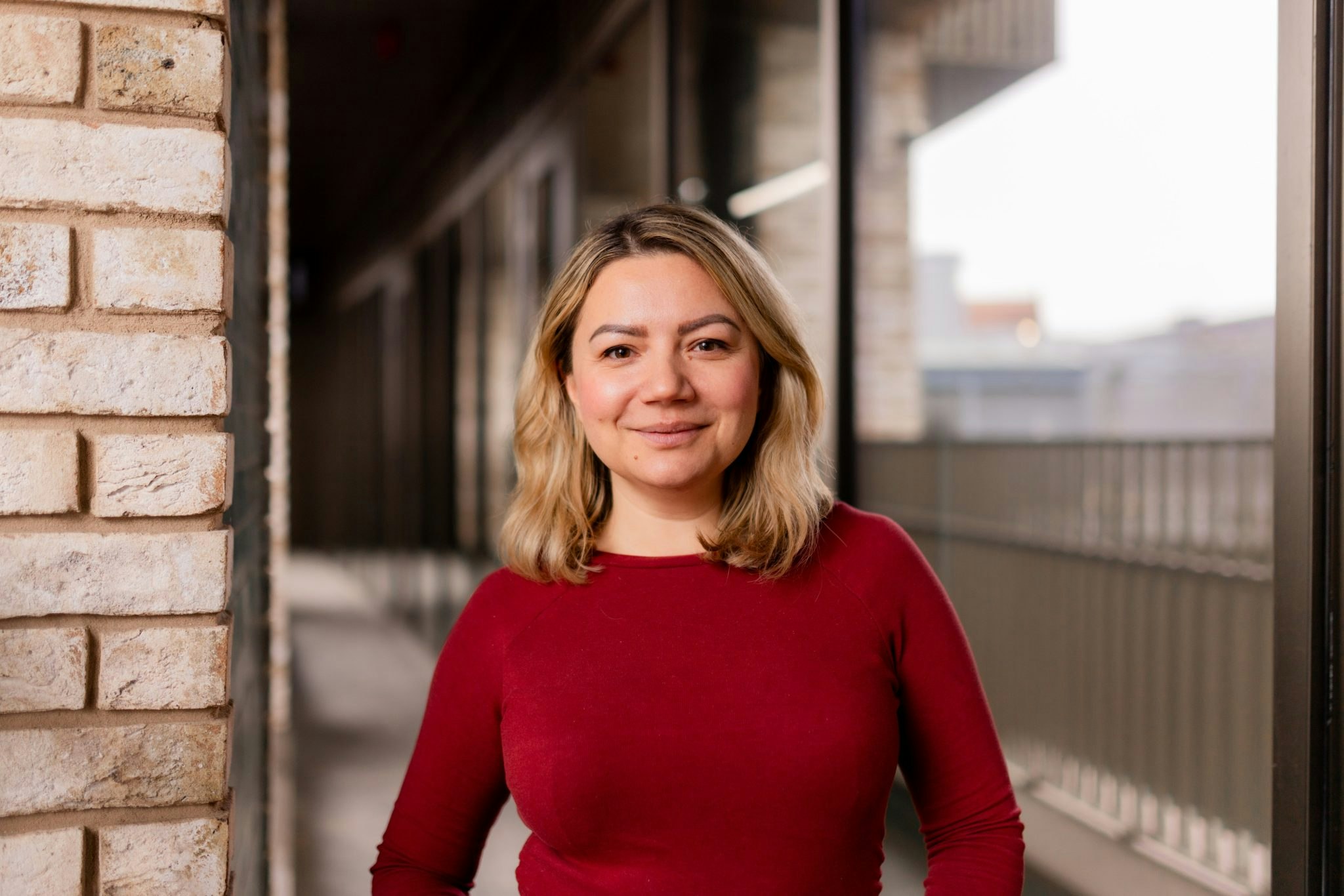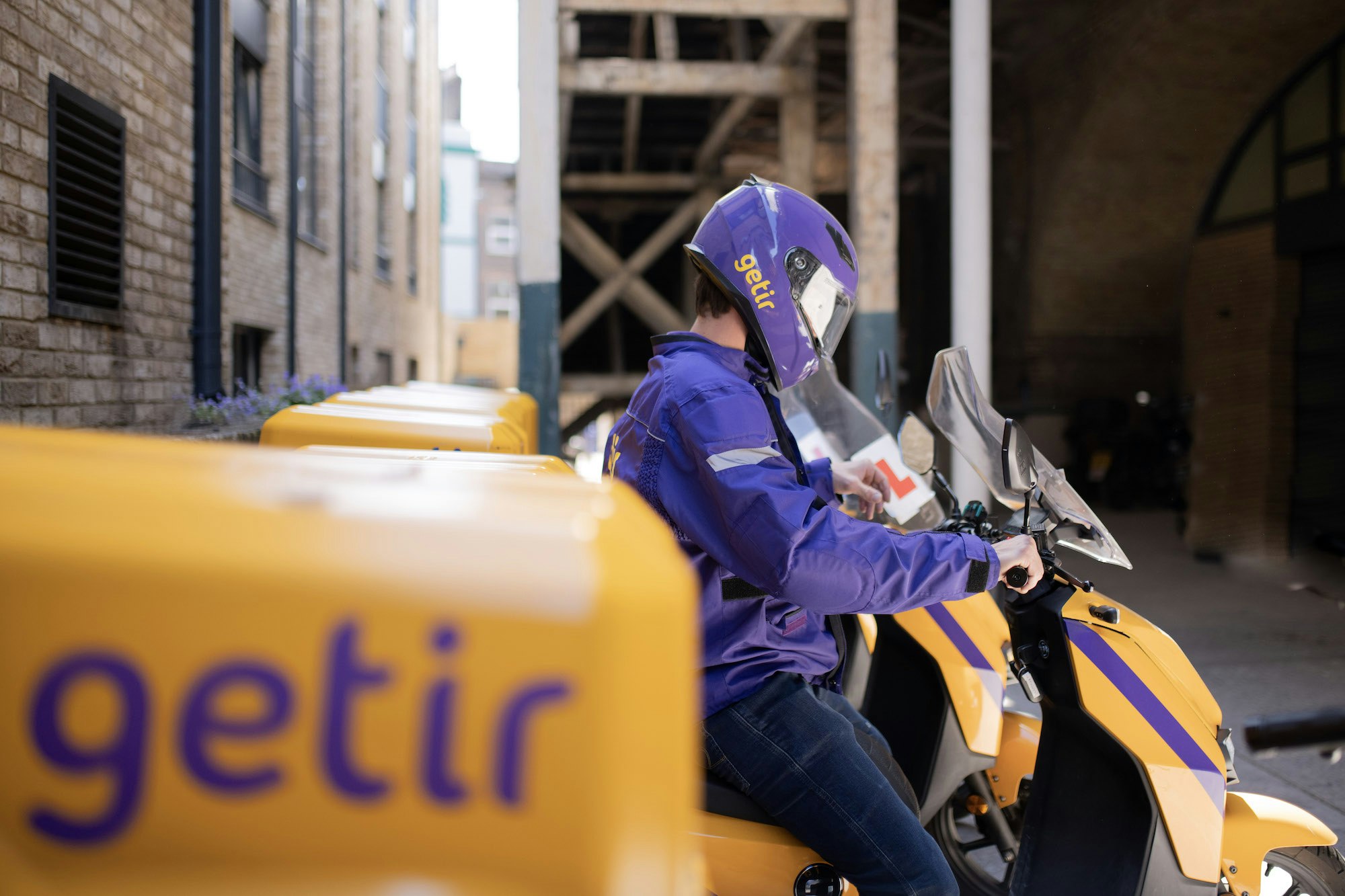Lapse has raised a $30m Series A round led by DST Global Partners and US-based Greylock.
The London-based social media app has also received backing from existing investors Google Ventures and Octopus Ventures. Three angels have also pitched in, including Naveen Gavini, ex-chief product officer at Pinterest, and former VP of Engineering at Snap Inc Nima Khajehnouri.
Lapse, which brothers Dan and Ben Silvertown founded in 2021, is a disposable camera-inspired platform where users take photos that are only available to view hours after ‘developing’. They then can only share them with a select group of close friends in a group chat-style community.
Dan tells Sifted that it’s looking to fill a gap in the market — as an alternative for Instagram and Snapchat — for the next generation of users, who he says will demand a more authentic social media experience.
“Lapse’s mission is to create a space in which friends can interact in a common social space that doesn’t exist in the social media landscape today,” he says.
Dan says the fresh capital will be used to improve the product, which will involve growing headcount from 18 to around the mid-20 mark, with a focus on hiring engineering talent. These hires will be tasked with implementing app updates based on user feedback, which drives much of Lapse’s development: “A lot of the ideas that we start working on come from the wider community,” says Dan.
And despite a looming threat from regulators, Dan maintains that there will be an opportunity for a new kind of social media to take the spotlight when the next generation of users enter the market.
“We don’t believe that kids in five years will be using existing social apps like Instagram and Snapchat, because they just won’t be cool anymore,” he says. “We're certain there are going to be new social forms that arise to cater for that next generation of people who want to interact with friends.”
Capturing investors
The US is Lapse’s biggest market for users — followed by Canada and the UK — and is the company’s primary focus. It’s where the cofounders pitched their flag when they were looking to raise.
“I think as a European startup, showing the seriousness and the intent of what you're doing by actually going and meeting a lot of US funds on their home turf, it's just so much easier to carry the energy and convey the mission in person than it is to do it over Zoom,” Dan says.
Raising was quicker than expected, he adds, following a downward slide in engagement last year. “We do monthly updates to our existing investors, and in one of the updates in August or September last year we were talking about a dip in usage because of school starting again,” he tells Sifted. In the following month’s update, they had signed the term sheet for the Series A and were number one in the rankings for general free apps in the App Store in the US.
After relaunching the app in September last year, Lapse spent 64 days in either first or second position in Apple’s photo and video app category rankings in the US. Today, according to app data tracker SensorTower, it sits at number 15 in the US App Store’s photo and video app rankings, and number 49 in the UK for the same category. It doesn’t appear in the top 100 in the general free app rankings for either geography.
An influencer-free future
Lapse isn't the only app looking to offer a more authentic social media experience — France's BeReal, which prompts users to take a candid picture at a randomly chosen time in the day with no photo editing features, has raised around $90m in funding since its launch in 2020, according to Dealroom. Amo, launched by the founder of Zenly and also backed by Lapse’s new investor DST Global, offers a collaborative personal mood board where users can share multimedia content to their friends' walls. It raised $18m last March at a valuation of around $100m.
They could, however, fall victim to some of the same struggles as social media giants — namely regulation.
“There's obviously a lot of regulatory oversight that the big players are receiving right now,” says Dan, “and there is a risk that if they're not drafted thoughtfully, then potentially we could get caught up in some of those regulatory changes that are designed to temper what some of the big tech platforms are doing.”
While the incumbents have the financial and legal resources to tackle any regulatory pressures, early-stage startups like Lapse don’t: “There have got to be carve outs for the smaller platforms that don't need that kind of regulation, because they just don't have the same reach and impact that the larger platforms currently do,” he says.
“It's not going to be [a startup] that has risen to the top in six months [that succeeds], it's going to be the people who spent years refining product-market fit, figuring out some of the really difficult and unsexy challenges like moderation, SMS throttling, figuring out best friend closeness and proximity, building a team — all of those things that take years to build and develop and refine.
“We're confident that if we continue on this trajectory, we will be in a position to actually win that opportunity when it comes around,” says Dan. “We're not building for something that has to be the next big social platform tomorrow or next month. The opportunity will be there in a few years, and at that point we will be there and we'll be ready.”



